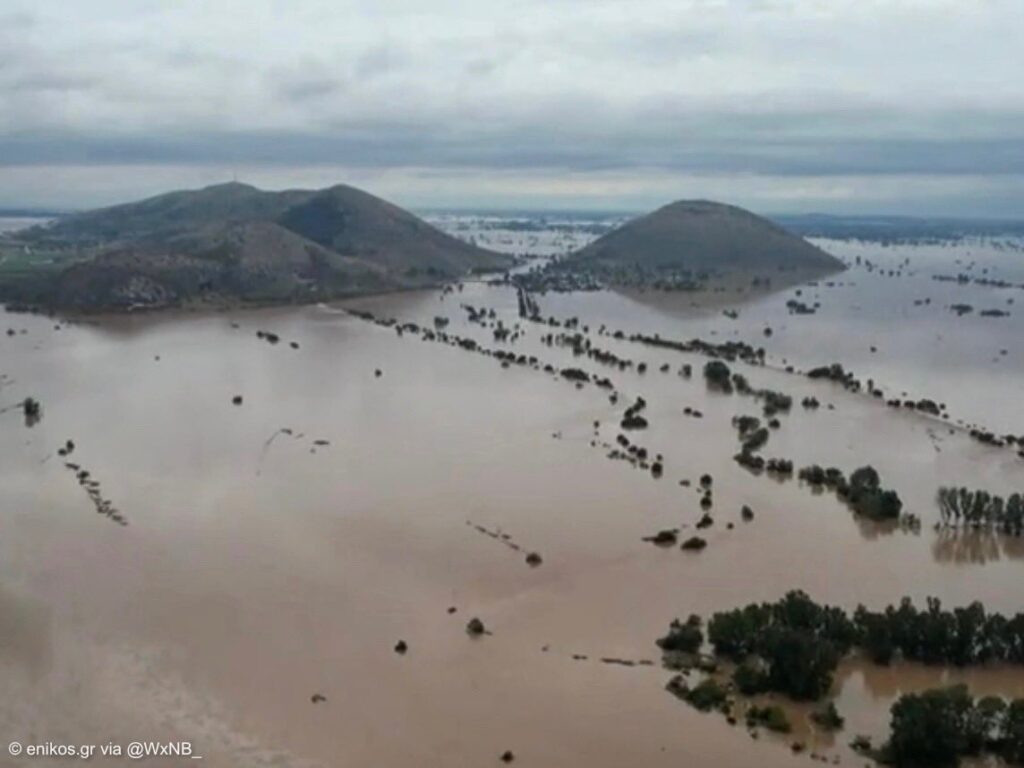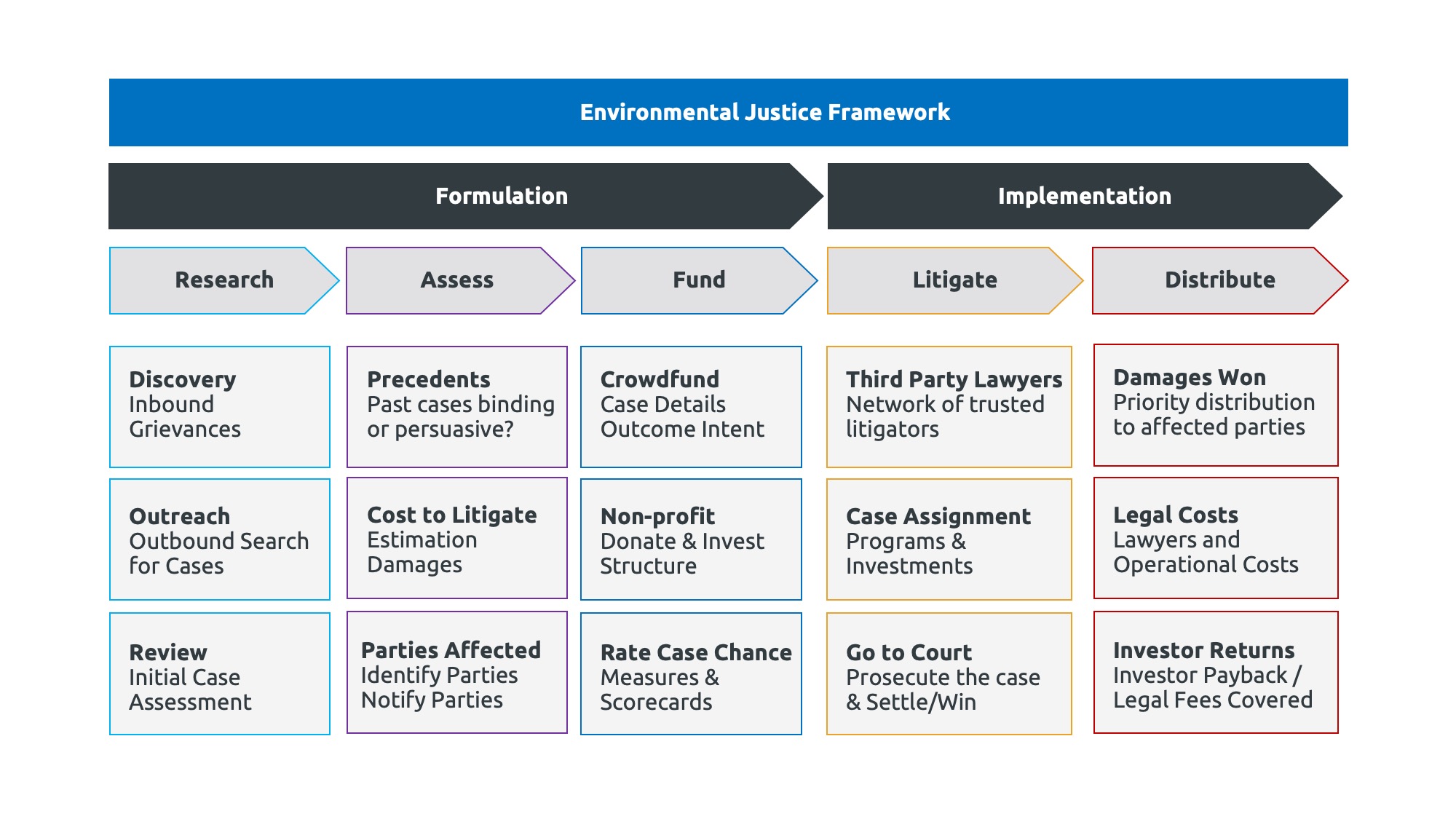Gazing across the global landscape this September, a narrative as old as time presents itself anew. Our world has always known calamities, but today, it’s a tragedy repeated across latitudes and longitudes, from bustling metropolises to quiet countrysides.
There’s a phrase that’s been swirling in my mind, a new terminology for our epoch: Geo-Climate Equity. It recognizes that the atmosphere knows no distinction between emerging or developed nations. In the theatre of weather volatility, we are all equal actors.
In just the past 2 weeks, the list is harrowing:
- Greece, where the embrace of Storm Daniel submerged agricultural towns, vanishing a quarter of anticipated crops.

- Turkey, echoing the Greek fate at the hands of the same tempest, leaving towns and lives shattered in its wake.
- Libya, where Storm Daniel morphed, levelling towns and leaving thousands unaccounted for.
- Brazil, Spain, Hong Kong, Shanghai, and even Las Vegas – all sharing a similar tale of torrential downpours, surging floods, and human despair.
In Hong Kong, imagine a world where over 6″ of rain cascades down within a mere hour. It’s not a scene from a cinematic disaster movie. It was the city’s reality. Metro stations turned into lakes, vehicles were swallowed, lives disrupted.
Shanghai wasn’t spared either; 45 minutes and 4″ of rain later, the entire province grappled with overwhelming flooding. The full tale is still unfolding.
Las Vegas, often seen as a sanctuary from the weather extremes experienced worldwide, found itself beleaguered by thunderstorms, its drainage systems ill-equipped for the new world order of unpredictable weather patterns.
This is not a fiction of alarmist sentiments. This is the real, present narrative. Climate scientists have been sounding the alarm for decades. Yes, these places have histories of floods. But simultaneous global inundation? That’s unprecedented.
In today’s climate dialogue, politicians’ affirmation of climate change’s reality is tantamount to offering “thoughts and prayers” after a disaster. It’s insufficient, outmoded, and detached from the urgency of now. Recognizing the problem is no longer a commendable first step—it’s a belated echo of what should’ve been addressed decades ago.
Geo-Climate Equity isn’t just about recognizing that weather volatility spares none; it’s about reshaping our global approach to climate action. We’re no longer isolated islands of emerging or developed economies. The tempests and trials of our age make no distinction. It’s high time our climate response reflected that universality, too.
Deploying climate solutions on a global localized way is among the priorities we must accelerate. Adapting our communities to the realities of the potential extremes is paramount.
